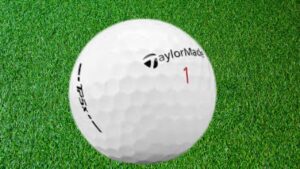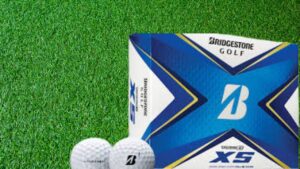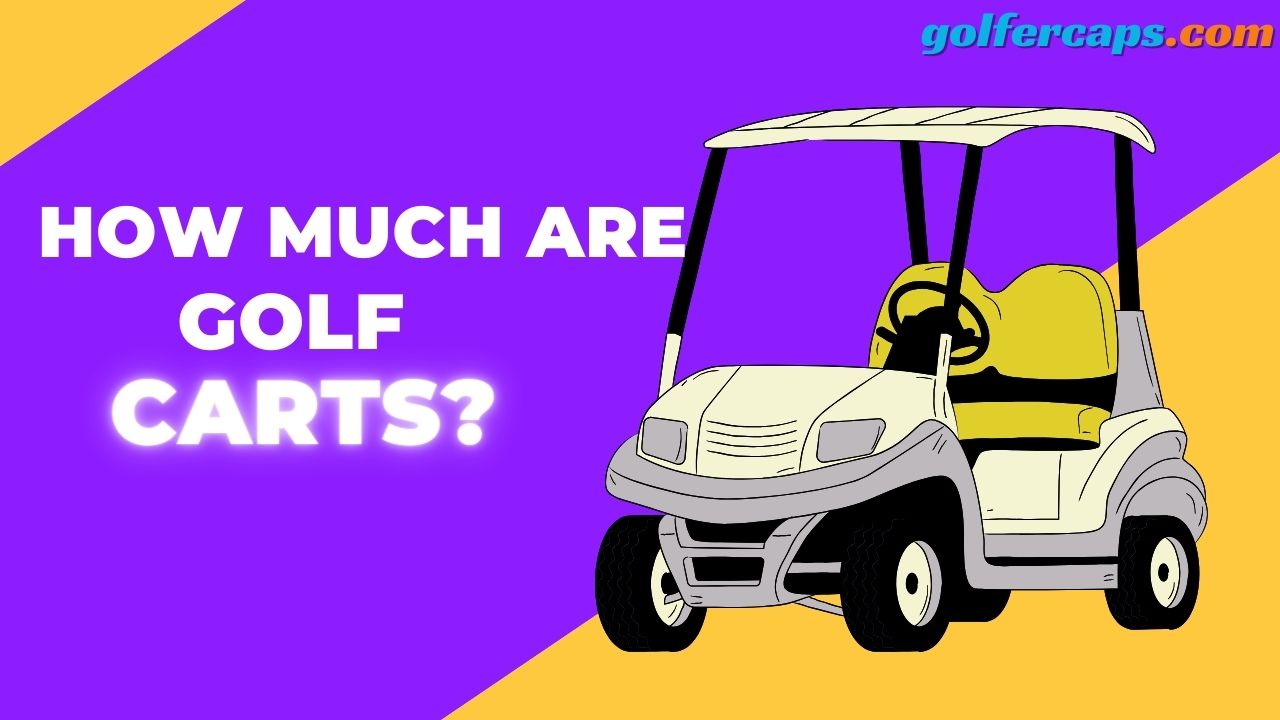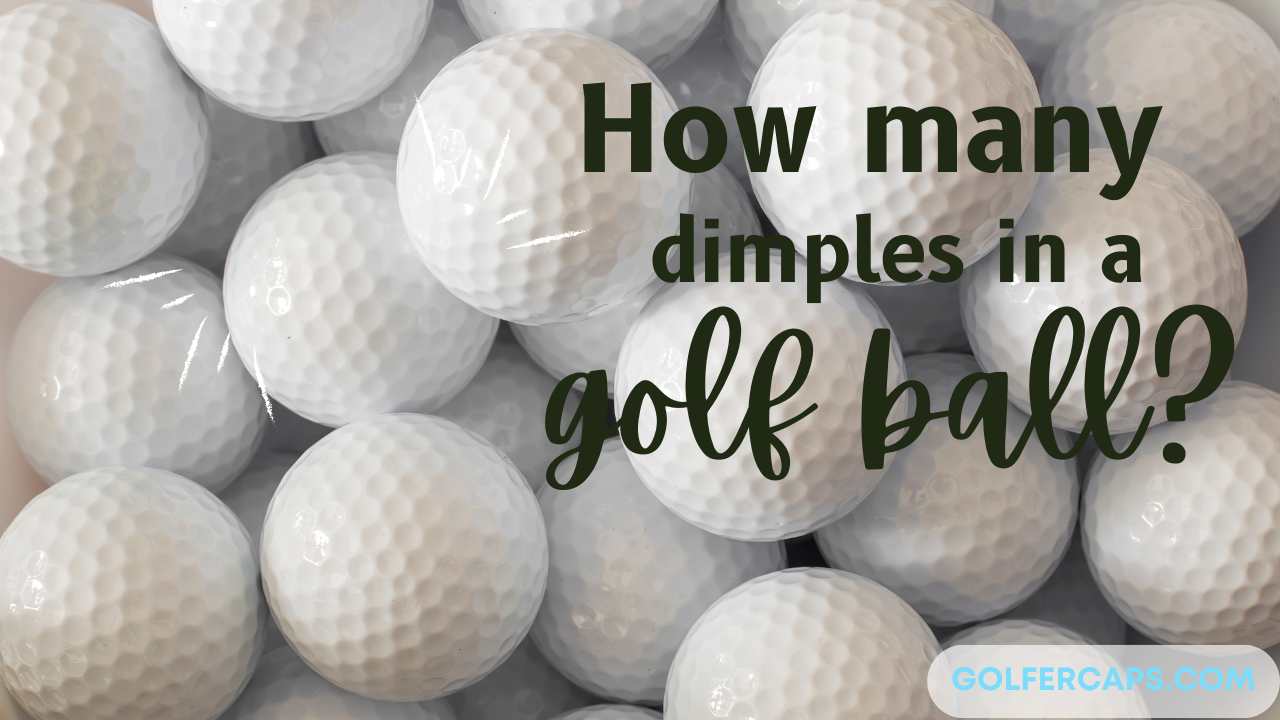Choosing the right golf ball can be a game-changer, especially when it comes to achieving maximum distance. Whether you’re a seasoned pro or a weekend warrior, the quest for the perfect golf ball is universal. So, what golf ball goes the farthest? Let’s dive into the details and find out.
Understanding Golf Ball Distance
Factors Influencing Distance
The distance a golf ball travels is influenced by several factors, including swing speed, ball construction, and even weather conditions. It’s a complex interplay of physics and technology that can make a significant difference in your game.
Importance of Swing Speed
Your swing speed is a crucial determinant of how far a golf ball will go. Golfers with higher swing speeds typically generate more distance, while those with slower swings might not benefit from the same balls designed for high-speed players.
Role of Ball Construction
The construction of a golf ball, from its core to its cover, plays a pivotal role in its performance. Different layers and materials can affect how the ball behaves upon impact, influencing both distance and control.
Types of Golf Balls
1. Two-Piece Golf Balls
These are often favored by beginners and high-handicap golfers. They are known for their durability and distance but may lack the feel and control of multi-layer balls.
2. Three-Piece Golf Balls
These balls offer a balance of distance and control. They have a solid core, an outer layer, and a cover, providing better spin and feel compared to two-piece balls.
3. Four-Piece Golf Balls
Designed for advanced players, four-piece balls provide exceptional control and distance. They have multiple layers that enhance spin, especially on short shots.
4. Multi-Layer Golf Balls
These balls are the pinnacle of golf ball technology, offering the best of both worlds: distance and control. They are often used by professional players and serious amateurs.
Read also: How Much Do Golf Balls Weigh?
Top Golf Balls for Distance
Titleist Pro V1x

Renowned for its consistent performance and long distance, the Titleist Pro V1x is a favorite among many golfers. It offers a high trajectory and low spin, making it ideal for achieving maximum distance.
Callaway Chrome Soft X

The Callaway Chrome Soft X combines a soft feel with exceptional distance. Its dual-core construction allows for high launch and low spin, perfect for long drives.
TaylorMade TP5x

TaylorMade’s TP5x is designed for speed and distance. Its five-layer construction provides a unique combination of low spin and high ball speed, resulting in impressive distance.
Bridgestone Tour B XS

Endorsed by Tiger Woods, the Bridgestone Tour B XS delivers on distance and feel. Its innovative core and cover technologies ensure a powerful and precise flight.
Srixon Z-Star XV

The Srixon Z-Star XV is built for distance with a focus on providing high speed and low spin. Its advanced design offers exceptional performance for players with high swing speeds.
Read also: What is the Best Golf Ball for Seniors?
Analyzing the Top Golf Balls
Titleist Pro V1x: Features and Benefits
The Titleist Pro V1x stands out with its remarkable distance capabilities. Its multi-layer design and urethane cover provide excellent control without compromising on distance. Golfers appreciate its consistent performance and durability.
Callaway Chrome Soft X: Features and Benefits
Callaway’s Chrome Soft X is known for its soft feel and explosive distance. The dual-core construction enhances energy transfer, allowing for high launch and long carry. It’s a great choice for players seeking a balance of distance and feel.
TaylorMade TP5x: Features and Benefits
The TP5x’s five-layer construction sets it apart. Each layer is engineered to optimize speed, distance, and control. Its low spin rates and high ball speeds make it a top contender for distance-focused golfers.
Bridgestone Tour B XS: Features and Benefits
Bridgestone’s Tour B XS leverages innovative core and cover technology to maximize distance. The ball’s seamless cover and dual dimple design reduce drag, resulting in longer and straighter shots.
Srixon Z-Star XV: Features and Benefits
The Z-Star XV excels in delivering high speed and low spin. Its advanced core construction and aerodynamic design ensure maximum distance, making it ideal for players with fast swing speeds.
How to Choose the Right Golf Ball for You
Assessing Your Swing Speed
Understanding your swing speed is the first step in choosing the right golf ball. Players with higher swing speeds will benefit from balls designed to handle greater force and velocity.
Considering Ball Compression
Compression rates affect how a ball reacts to impact. Higher compression balls are suitable for faster swings, while lower compression balls are better for slower swings.
Evaluating Spin and Control
While distance is important, control cannot be overlooked. Some balls offer a good balance of distance and spin, allowing for better control around the greens.
Personal Preferences and Playing Conditions
Ultimately, personal preferences and playing conditions play a significant role in your choice. Consider factors like course type, weather, and personal feel when selecting a golf ball.
Performance Comparison: Distance vs. Control
Tips for Maximizing Golf Ball Distance
1. Improve Your Swing Technique
Focus on your grip, stance, and follow-through. Proper technique ensures efficient energy transfer to the ball.
2. Use the Right Equipment
Choose clubs that match your swing speed and style. Modern drivers with advanced technology can significantly increase distance.
3. Select the Right Golf Ball
Opt for golf balls designed for distance, like the Titleist Pro V1x or TaylorMade TP5x. These balls typically have lower spin rates and higher launch angles.
4. Maintain Your Equipment
Regularly clean and inspect your clubs and balls. Worn-out equipment can negatively affect performance.
5. Increase Your Swing Speed
Work on increasing your swing speed through strength training and flexibility exercises. Faster swings generally produce more distance.
6. Optimize Your Tee Height
Adjust your tee height to ensure you’re hitting the ball on the club’s sweet spot. Higher tees can help you achieve a higher launch angle and longer carry.
7. Practice Consistently
Regular practice helps you fine-tune your swing mechanics and improve overall performance. Focus on driving range sessions to build muscle memory.
8. Play in Optimal Weather Conditions
Weather conditions like temperature, humidity, and wind can affect distance. Playing in favorable conditions can help you achieve better results.
9. Adjust Your Ball Position
Experiment with the ball position in your stance. Placing the ball slightly forward can help you hit it on the upswing, resulting in longer drives.
10. Stay Physically Fit
Maintain good overall fitness. Flexibility, strength, and endurance contribute to a more powerful and consistent swing, leading to increased distance.
Common Myths About Golf Ball Distance
Debunking Distance Myths
There are many myths about golf ball distance. For instance, some believe that expensive balls always go farther, which isn’t necessarily true. It’s more about finding the right ball for your game.
Understanding Realistic Expectations
Having realistic expectations is important. While certain balls can help you gain distance, they won’t transform your game overnight. Improvement comes from practice and proper equipment.
Conclusion
Choosing the right golf ball can make a significant difference in your game. By understanding the factors that influence distance and knowing what to look for in a golf ball, you can make an informed decision that enhances your performance. Remember, it’s not just about the distance; it’s about finding the right balance for your overall game.
FAQs:
- What golf ball goes the farthest for beginners?
For beginners, two-piece golf balls like the Titleist Velocity are great for maximizing distance without sacrificing too much control.
2. Does swing speed affect golf ball distance?
Yes, swing speed significantly affects golf ball distance. Higher swing speeds generally result in greater distances.
3. Are expensive golf balls better for distance?
Not necessarily. While some premium balls offer advanced technologies for distance, the best ball for you depends on your specific needs and playing style.
4. How often should I change my golf ball?
It’s a good idea to change your golf ball every few rounds or whenever you notice significant wear and tear.
5. Can weather conditions affect golf ball distance?
Yes, weather conditions such as temperature, humidity, and wind can impact how far a golf ball travels.










